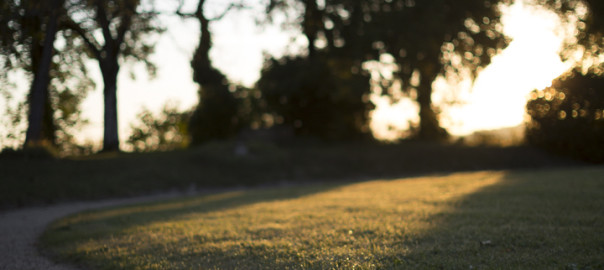Some of you have asked about my Essential Principles, which I use as foundation for much of my work. These are a set of eight principles with associated practical subheadings – an attempt to synthesize and condense what I consider to be the very best from the entire body of existing knowledge about human personal development from virtually all schools of thought now and throughout history. (I know, that sounds like a pretentious and overly ambitious project, and it probably is.) I’ve spent about 30 years working on this and have cross-checked all information a number of times with experts in various fields and those I consider to be the wisest and best representatives I’ve met, which is not to say that it’s perfect, but at least the research and homework have been done.
I’ve assembled these principles into a sequence that I think corresponds to the natural process of human development, from the simplest, most fundamental needs through increasingly sophisticated yet indispensable concepts and skills. The central context or idea behind these is to help define and lay out a clear path toward the universally sought life of complete well-being, fulfillment and ultimate success. I hope here to delineate some of these principles for greater understanding and practical application, so your questions and comments are more than welcome…
1) Be Well
Be a healthy animal. Establish a practical well-being program based on versatility. Pattern yourself according to real, natural rhythms and cycles.
Okay, that sounds simple enough…and ultimately it is. Notice the first verb: Be…which is where we want to start and end. What makes for a healthy animal is fairly easy to identify. Simple dynamics set by nature are profoundly influential, all of which can be studied in any species that actually lives in nature: consume the amount you use for energy; move when and how your body yearns to; sleep and rest to rejuvenate, not more or less; hold your posture so that it harmonizes with gravity and circumstance; breathe naturally and voluptuously; recognize and follow need more than want. Take these simple indicators and follow them through creative experimentation to expertise and you will be a very healthy animal.
Establish a practical well-being program based on versatility. The human body is designed to be extremely adaptable; we perform best, feel best and produce the best results when we are challenged and engaged through the widest spectrum possible. In terms of daily practical choices for outgoing energy (exercise, walks, manual labor, conversation…) and incoming energy (breathing, eating, restful gathering, receiving information…) explore the entire landscape of each day’s innate potential, including in-between, transitional moments. Variety, range, surprise, adaptability. A formal program design should include and emphasize agility, strength, precision, stamina and timing, practiced and played out through any and every engagement possible, but most certainly when exercising…exactly like great stick and silk or wrapper work.
Pattern yourself according to real, natural rhythms and cycles. Such as…spending energy when you have it, and gathering when you don’t; eating when you’re actually hungry, and stopping when you’re not; getting up when you wake up; resting when noticeably tired, even if only for moments of quiet breathing; stretching, deep inhaling and sighing the instant you feel inclined; creatively making the most of weather and seasonal variations; seizing and exploiting moments when you’re inspired to play or create; sing or dance when you like the song you’re listening to; stop, listen and look long at beauty that compels you; spontaneously engage what naturally calls to you; and whenever, wherever you find a sensation of deep well-being, prioritize it, fall into it and luxuriate in it as long as possible…
These are all clues and suggestions, from expert sources, that require personal exploration and experimentation to make them yours. Being well is an art, and like all art, technical skill should eventually be forgotten and fade into the background as the artist becomes increasingly liberated. Organic flow results, in which experiential knowledge integrates into the moment-to-moment fabric of living, and one finds oneself just being.
© 2016 Darrell Calkins
